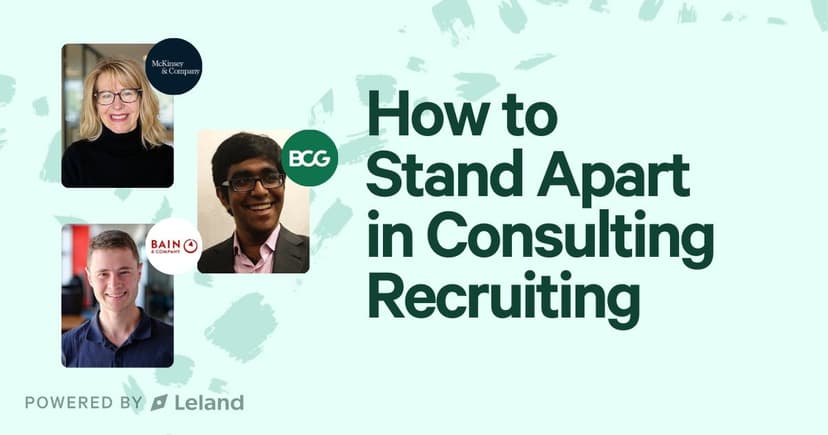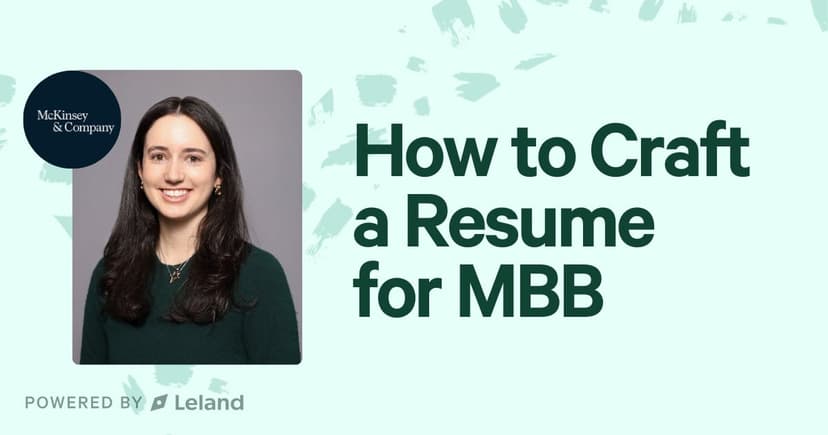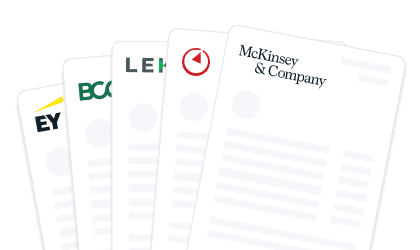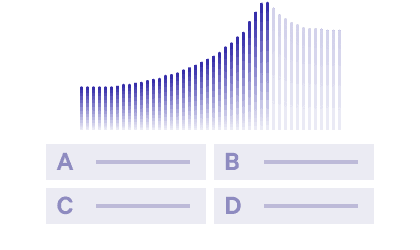What to Expect in a Third Interview: Insights and Tips
If you're preparing for a third interview, this article has everything you need to know.
Posted June 13, 2025
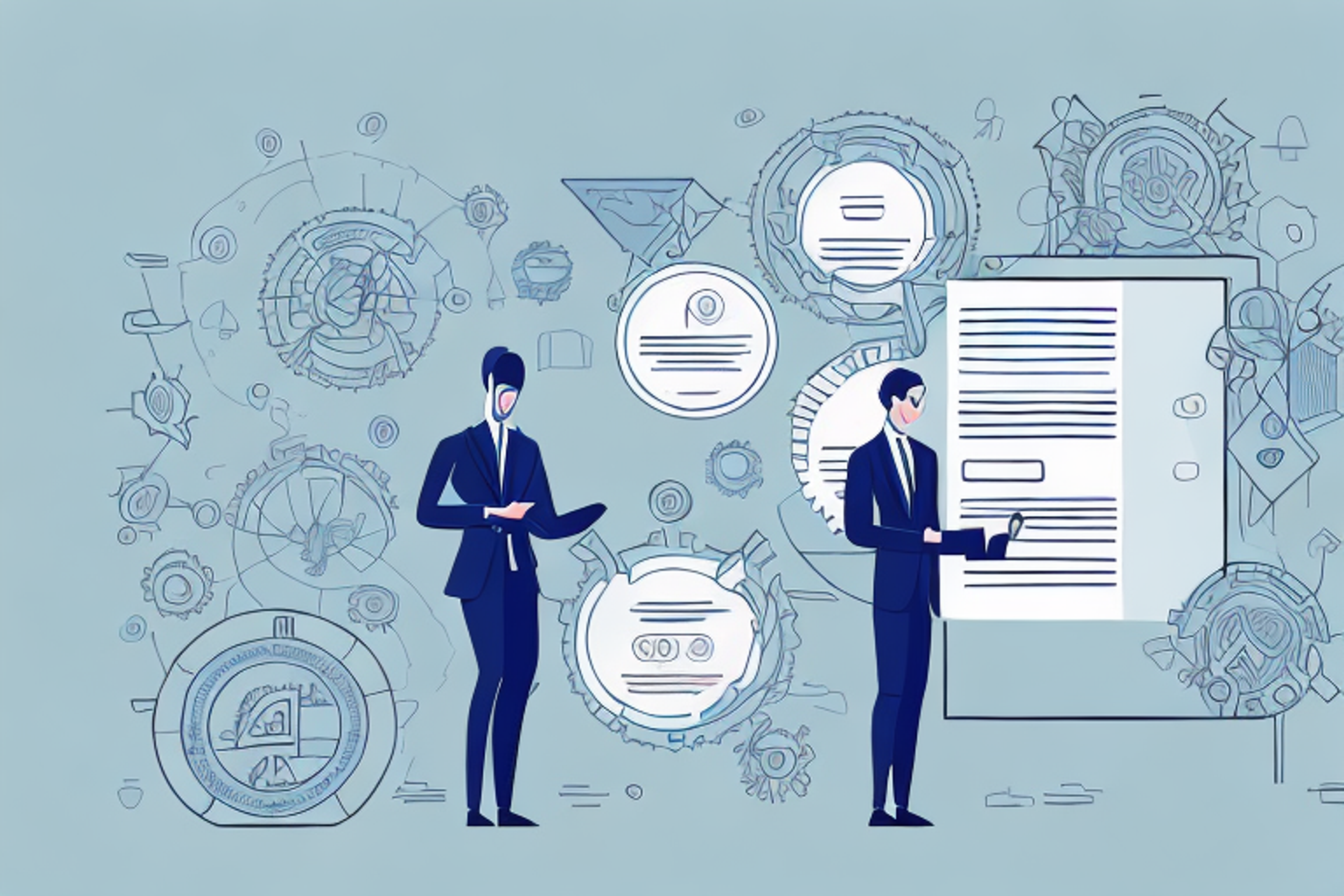
Join a free event
Learn from top coaches and industry experts in live, interactive sessions you can join for free.
Table of Contents
Congratulations! You’ve made it to the third round of interviews. At this point, the company has narrowed down the pool of candidates, and you’re one of the few they’re seriously considering for the position. The third interview is an important step in the hiring process, and there are a lot of things to consider before you walk in that door. In this article, we’ll share insights and tips to help you prepare for a successful third interview.
Why Companies Conduct Third Interviews
Companies use the third interview to get a more in-depth look at your skills, experience, and personality. They want to know if you’re a good fit for the company culture, if you can take on the responsibilities of the job, and if you’re motivated enough to see projects through to completion.
Another reason companies conduct third interviews is to compare candidates. The hiring team will compare you to other candidates they’ve interviewed to determine who is the best fit for the job. They want to make sure that the candidate they choose will bring the most value to the company.
Additionally, third interviews may also be used to negotiate salary and benefits. If the company is seriously considering you for the position, they may use the third interview as an opportunity to discuss compensation and any additional perks that may come with the job. It’s important to be prepared for these discussions and to have a clear understanding of your own salary expectations and requirements.
Preparing for a Third Interview: Dos and Don’ts
It’s natural to be nervous about a third interview, but the good news is that you’ve already made it through two rounds of interviews. You’re closer to getting the job than ever before. Here are some dos and don’ts to help you prepare for the third interview:
Dos:
- Do your research on the company and the role.
- Prepare examples of your work and accomplishments.
- Review the job description and be ready to discuss specific skills or experiences that align with the requirements of the role.
- Practice your responses to common interview questions.
- Be confident and positive.
Don’ts:
- Don’t be late for the interview.
- Don’t speak negatively about previous employers or colleagues.
- Don’t appear disinterested or unprepared.
- Don’t forget to follow up after the interview.
- Don’t forget to ask questions.
How to Research the Company Before the Third Interview
Before your third interview, it’s important to research the company and the role. This will help you answer questions more effectively and show the hiring team that you’re interested in the company. Here are some ways to research the company:
- Read their website.
- Look up recent news articles related to the company.
- Check out their social media presence.
- Research the industry the company is in.
- Ask friends or colleagues if they have any insights about the company.
- Read reviews from current or former employees on job sites like Glassdoor.
Common Questions Asked During a Third Interview
The hiring team may ask you a variety of questions during the third interview. Some questions may be similar to what you’ve already been asked in previous interviews, while others may be more in-depth. Here are some common questions asked during a third interview:
- Why are you interested in this company and role?
- What motivates you?
- Describe a time when you had to handle a difficult situation.
- What makes you a good fit for this role?
- What are your salary expectations?
- What are your long-term career goals?
Behavioral Questions and How to Answer Them
Behavioral questions are designed to help the hiring team understand how you’ve handled situations in the past. The premise is that your past behavior is indicative of how you’ll perform in the future. Here are some common behavioral questions and how to answer them:
- Describe a time when you had to handle a difficult situation.
- What did you do when you had a conflict with a coworker?
- Tell me about a time when you had to go above and beyond your job duties.
To answer these questions effectively, use the STAR method:
- Situation – Describe the situation you were in.
- Task – Describe the task you needed to accomplish.
- Action – Describe the action you took to accomplish the task.
- Result – Describe the result of the action you took.
Technical Questions and How to Prepare for Them
Technical questions are designed to test your knowledge and skills in specific areas related to the job. Here are some common technical questions and how to prepare for them:
- What programming languages are you proficient in?
- Tell me about your experience with databases.
- Walk me through your process for testing software.
To prepare for technical questions, review the skills and requirements section of the job description. Make sure you have a solid understanding of any technical skills they require. Practice answering technical questions with a friend or colleague, or even work with a professional career coach to help you prepare.
Tips for Demonstrating Your Value in a Third Interview
Demonstrating your value is important in any interview, but it’s especially critical in the third interview. Here are some tips for demonstrating your value:
- Show your enthusiasm for the role and the company.
- Bring examples of your work or a portfolio.
- Be confident and assertive.
- Be prepared to discuss specific ways you can contribute to the company.
- Ask thoughtful questions about the company or job responsibilities.
What to Wear to a Third Interview: Dress Code Tips
It’s important to dress appropriately for any interview, but the dress code for a third interview may be more formal than previous interviews. Here are some tips for dressing for a third interview:
- Dress in professional attire.
- Err on the side of being too formal, rather than too casual.
- Avoid anything too flashy or distracting.
- Make sure your clothes are clean and wrinkle-free.
- Dress comfortably, but avoid anything too casual like jeans or sneakers.
Following Up After a Third Interview: Best Practices
After your third interview, it’s important to follow up with a thank-you note or email. This is a chance to express your gratitude for the opportunity and reiterate your interest in the position. Here are some best practices for following up:
- Send a thank-you note or email within 24 hours after the interview.
- Address the interviewer by name.
- Thank them for their time and the opportunity.
- Reiterate your interest in the position.
- Use this as an opportunity to bring up any missed points.
Signs That You Nailed the Third Interview
While it’s impossible to know for sure if you’ve nailed the third interview, there are some signs to look out for that may indicate that you’re a strong candidate. Here are some signs that you’ve nailed the third interview:
- The interviewer seems genuinely interested in you as a person.
- You’re asked more in-depth questions about your skills or experience.
- You’re asked about salary or benefits.
- You’re given a tour of the office or introduced to other team members.
Dealing with Nerves and Anxiety During a Third Interview
It’s natural to feel nervous or anxious during a third interview. You’re under a lot of pressure to perform well and show that you’re the best candidate for the job. Here are some tips for dealing with nerves and anxiety:
- Practice deep breathing exercises before the interview.
- Remind yourself that you’re prepared and qualified for the job.
- Visualize yourself doing well and getting the job.
- Remember that the hiring team is also trying to sell you on the company.
- Take a break if needed, but don’t bail on the interview.
The Importance of Body Language in a Third Interview
Body language is an important factor in any interview. Your body language can communicate confidence and competence, or nervousness and insecurity. Here are some tips for using positive body language during a third interview:
- Maintain eye contact with the interviewer.
- Sit up straight and avoid slouching.
- Smile and nod appropriately.
- Avoid fidgeting or playing with your hair, jewelry, or clothing.
- Use open and confident gestures.
Red Flags to Watch Out for During a Third Interview
While the third interview is an opportunity for the hiring team to learn more about you, it’s also an opportunity for you to learn more about the company and the role. Here are some red flags to watch out for during a third interview:
- Interviewers seem unprepared or disorganized.
- The job responsibilities or schedule don’t align with what was discussed in previous interviews.
- The interviewers seem unsure of what they’re looking for in a candidate.
- The company culture or work-life balance doesn’t align with your values or needs.
- The interviewer speaks negatively about current or previous employees.
How to Negotiate Salary and Benefits After a Successful Third Interview
If you’ve successfully made it through the third interview and are offered the position, congratulations! This is an exciting time, but it’s also important to negotiate for fair compensation and benefits. Here are some tips for negotiating:
- Research salaries for similar roles in your industry and location.
- Consider the cost of living and any benefits or perks the company offers.
- Be prepared to negotiate, but also be realistic.
- Focus on your value and the contributions you can make to the company.
- Consider asking for a trial period or bonus structure, rather than an immediate increase in salary.
Overall, the third interview is an important step in the hiring process. By preparing effectively and demonstrating your value, you can increase your chances of landing the job.



